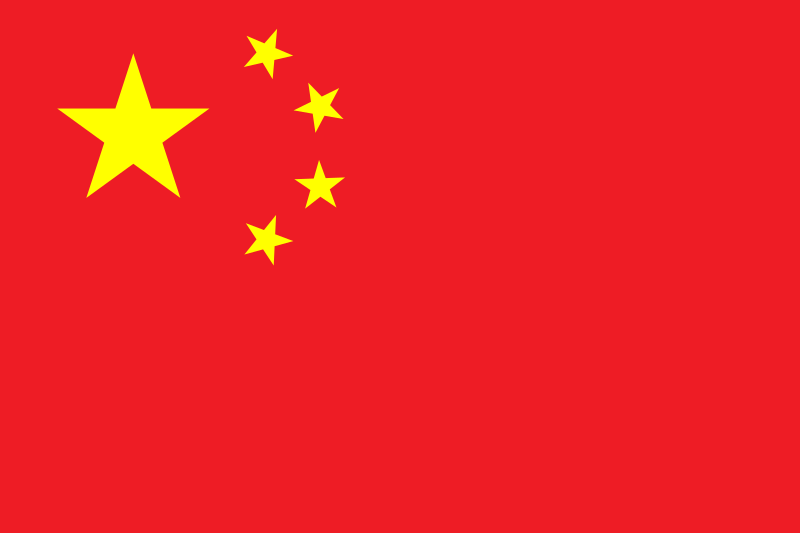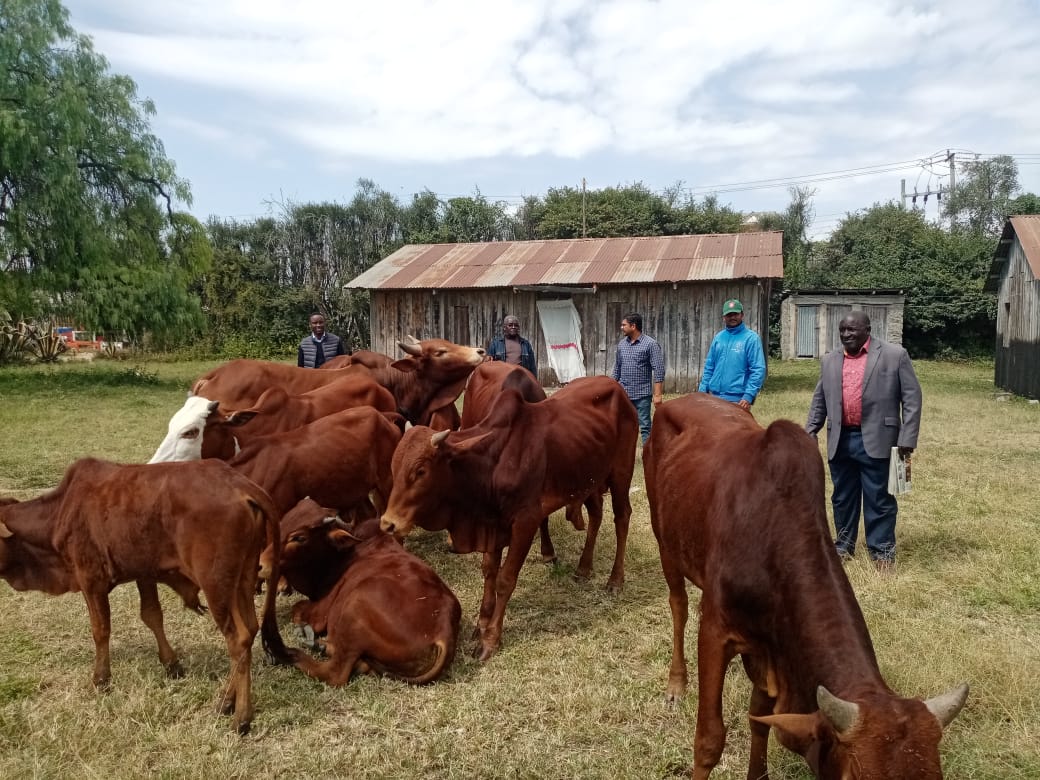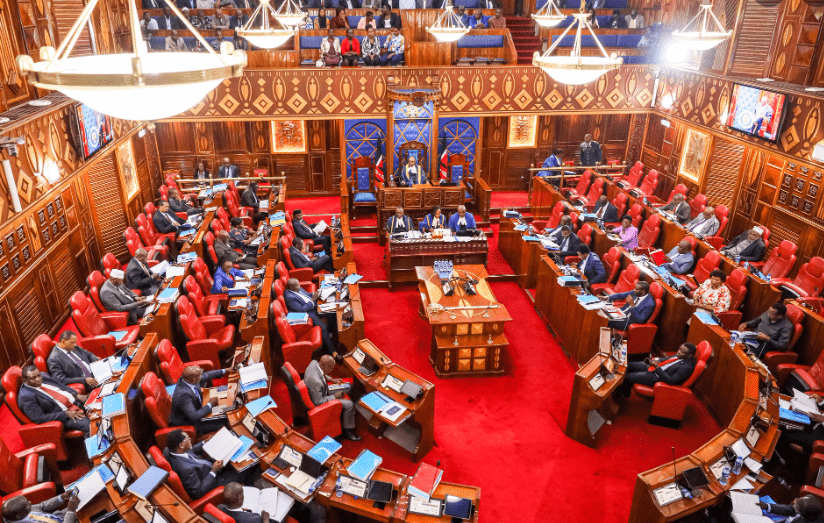China seeks partnership for Africa anti-terrorism war

Terrorism continues to wreak havoc in many African countries. Although terrorism is a global phenomenon, Africa bears the biggest socioeconomic cost of terrorists attacks and other incidents of extreme violence.
According to a 2019 United Nations Development Programme (UNDP) report titled, “Measuring The Economic Impact of Violent Extremism Leading to Terrorism in Africa”, terrorism cost the African continent a minimum US$ 119 billion between 2007 and 2016.
Actually, the figure is much higher once cost estimates for Gross Domestic Product losses, lost informal economic activity, extra security spending, and refugee/Internally Displaced Persons are included.
Terrorism is a compounding factor of the grave challenges that continue to stifle Africa’s development.
On June 22, China’s deputy permanent representative to the UN, Dai Bing, called for efforts to strengthen African counter-terrorism efforts. Speaking during the launch of the UN Joint Appeal for Counter-Terrorism in Africa, Dai called for efforts to strengthen counter-terrorism capacity-building in Africa by promoting synergy among UN agencies.
China has been in the forefront in advocating for effective anti-terrorism measures to curb terrorist activity in Africa.
For instance, in August 2022, China promoted a UN Security Council (UNSC) open debate on strengthening Africa’s anti-terrorism capacity-building.
A major outcome of the meeting was the adoption of a presidential statement supporting the continent’s security capacity-building by the UNSC.
It is instructive that much of the genesis of terrorism in Africa was targeted at the West’s diplomatic and commercial interests in the continent’s host countries.
Kenya has faced the wrath of terrorism for its perceived closeness with the West, particularly the United States and Britain.
Capacity building for Africa’s security, therefore, needs massive support of the Global North, in the same way the latter has contributed to much of the vagaries of climate change in developing countries.
There should be an honest conversation on the root causes of terrorism in Africa, no matter how unpalatable the truth is to those holding the biggest blame.
Capacity building against terrorism goes deeper than offering physical security through sufficient intelligence, trained security personnel and equipment.
China proposes strategies that are preventive rather than reactionary in nature.
Dai echoed the sentiments contained in UN Development Programme report released in February that fingered poverty and unemployment as some of the major causes that push desperate youth to join violent extremist organisations.
In its white paper titled, “The Fight Against Terrorism and Extremism and Human Rights Protection in Xinjiang”, released in March 2019, China outlined in detail its effective and global benchmarking non-military approach to containing terrorism and extremism in the Xinjiang Uygur Autonomous Region.
The paper noted that its battle against the twin vices is part of the wider agenda being waged by the international community.
Moreover, it is in line with the purposes and principles of the UN towards counterterrorism and de-radicalization through safeguarding the rule of law and basic human rights.
Since 2014, Xinjiang has crushed 1,588 violent gangs and terrorists, arrested 12,995 terrorists, confiscated 2,052 explosive devices, fined 30,645 people for 4,858 illegal religious activities, and confiscated 345,229 copies of illegal religious materials.
Using the facts as a basis and the law as a benchmark, the Xinjiang judicial authorities pursue a policy that strikes the right balance between compassion and severity.
Ultimately, the elephant in the room remains the origins of some of the deadliest terrorist organisations in the world.
There have also been accusations of various states supporting ISIS. It is claimed that ISIS has received cooperation and assistance – medical, financial and arms – by governments, non-state actors, and private individuals during the Syrian Civil War, Iraqi Civil War, and Libyan Civil War.












